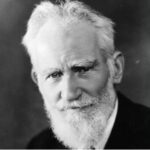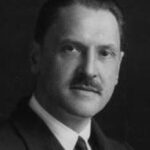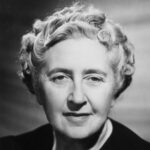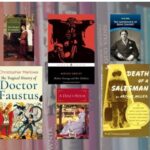Clicking on the following links or images will take you to the collections of plays covered in this section:
Commentary:
Plays have been an essential form of public entertainment going back to the early days of human civilization. They originated in ancient times (in Greece and elsewhere), continued through the classical and medieval periods, and have remained an integral part of popular culture even in the modern era.
Any discussion of plays has to begin with William Shakespeare, without question the greatest playwright who ever lived. (Indeed many people consider him to be the greatest English-language writer of all time in any genre). Shakespeare wrote a variety of plays in three different categories: (a) comedy, (b) tragedy and (c) history. I am not particularly fond of Shakespeare’s history plays about the British monarchy, so I have not included the histories on my list. All of his other plays in the categories of comedy and tragedy are listed in the Shakespeare section.
In the field of drama, George Bernard Shaw is considered by many to be second only to Shakespeare, based on the quality and depth of his plays. Shaw was also a master of the art of writing essays, and most of his plays include an elegantly written preface expressing his strongly held opinions on many subjects in immaculate prose. Among Shaw’s most famous plays is Pygmalion, which was not only successful in its own right but was also adapted into a very popular musical My Fair Lady. (Both Pygmalion and My Fair Lady were also made into very successful Hollywood movies.)
There are a couple of authors who are better known for other genres but who also had a significant body of work in the field of drama – see below.
Although W. Somerset Maugham is known for his literary novels and short stories, he was also an accomplished playwright who wrote many well-known plays. Several of his plays were based on his short stories, but most had original plots. Many of Maugham’s plays were adapted into successful Hollywood movies (most notably, The Letter), some by Maugham himself and some by other screenwriters.
Agatha Christie’s name is almost synonymous with mystery stories, but she also authored many famous plays, including The Mousetrap and The Witness for the Prosecution. The Mousetrap is the longest running play in history and has been a fixture in London’s West End for seventy years. Most of Agatha Christie’s plays were adapted from her novels and short stories, but she also write three original mystery plays not based on any novel: Black Coffee, The Unexpected Guest, and Spider’s Web.
In addition to the plays by the authors highlighted above, there are many other notable plays by other playwrights. I have listed a selection of these plays by various authors, quite a few of which are GEMs (e.g., Death of a Salesman, A Streetcar Named Desire, The Miracle Worker, and A Man for All Seasons). This list covers a wide span in time, from several hundred years BC to the modern era, signifying that that theatrical performances have been part of popular culture for a very long time and will remain so for the foreseeable future.







